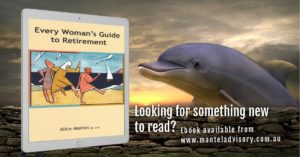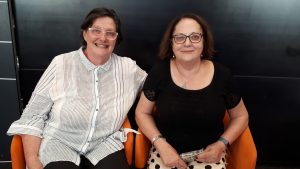Following In-depth interviews and focus groups, the Royal Commission into Aged Care Quality and Safety has released a report, They look after you, you look after them: Community attitudes to ageing and aged care .
The researchers interviewed a range of focus groups to identify current community attitudes to ageing; community understanding of the aged care system and how individuals were planning for their own older age. Interviews were conducted with both younger and older people, diverse economic groups, Indigenous and culturally diverse groups and younger people with disabilities who already resided in aged care facilities.
Written before the pandemic, the report explores how people view entering an aged care facility, what their expectations were and most relevantly, what were the experiences of actual residents.
Post-Covid, the relatively negative comments of most interviewees about their fear of entering the aged care system, seems justified in light of the relatively high number of deaths in care facilities which appear to reflect the inadequate training and equipment available to care for older people.
The report found that as people became older, they were better informed about the complexities of the aged care system but they remained concerned about the cost and quality of care provided. There was a widespread, strong preference across the different age groups and communities to remain living independently as they age and making use of support to do so.
Most interviewees were critical of aged care facilities and saw them as being run as businesses that prioritised profit over high quality care. The prevalence of religiously affiliated organisations running facilities was seen as effectively limiting their choices, as they did not want to spend their older years living in an institution run by a religious body.
Most people described aged care facilities negatively, saying they were depressing, bleak places that felt clinical and sometimes were overcrowded. Moving to aged care was seen as ‘the beginning of the end’ that precipitated a rapid decline in one’s life expectancy and quality of life.
Specific negative factors mentioned included a lack of meaningful mental stimulation, social isolation and loneliness, poor quality personal care, insufficient staffing levels and staff training, and poor quality nutrition. These factors were interrelated with overstretched staff rushing residents through meals and personal care.
While some interviewees mentioned pleasant high end facilities, others mentioned budget facilities that provided a small per resident food budget, or residents being heavily sedated to reduce staff workload. The effect of having to provide a bond to ensure a place in a facility and the ongoing cost was of great concern to most as was the inadequate regulatory system.
Younger people with physical or mental disabilities living in aged care facilities were particularly critical of the care they received, mentioning issues of cleanliness, personal hygiene, stimulation and respect for residents and appropriate social engagement.
This qualitative research included 274 people from the general community and targeted diversity groups. It was conducted primarily to understand the perspectives of these diversity groups and to complement a national survey for the Royal Commission that has been charged with considering the design of Australia’s future aged care system.

